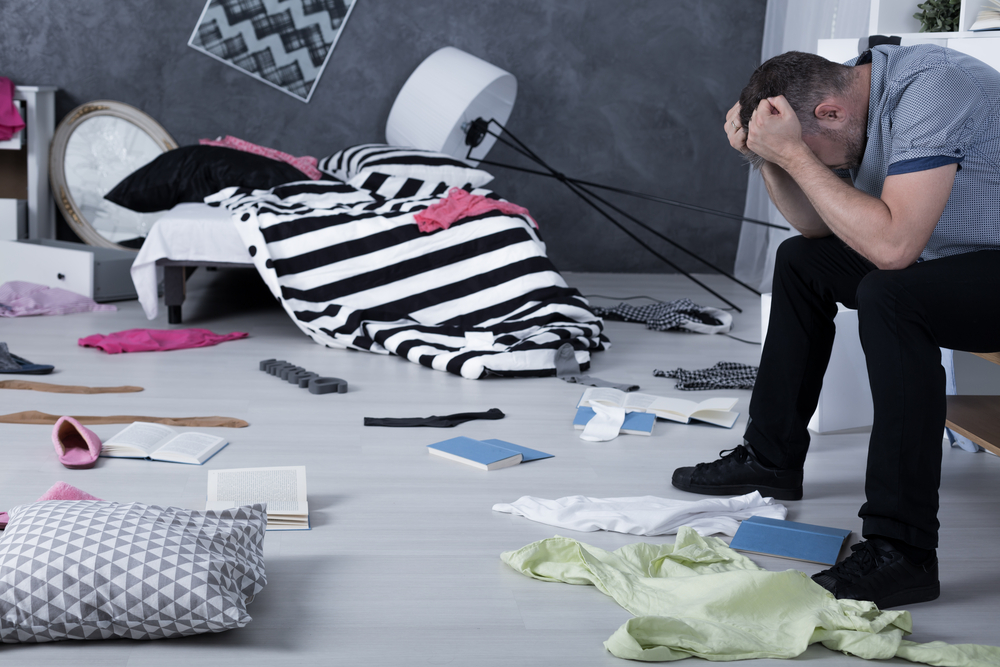
The tenancy deposit is an essential part of safeguarding a landlord’s property during a tenancy. In the event of damage to the property or unpaid rent, the landlord can use the deposit to cover their losses. Most tenants will successfully reclaim their deposit at the end of their tenancy, providing they know what areas to take care of. In a recent survey, letting agents were asked to reveal the most common reasons for a tenant to lose some or all of their deposit.
Cleanliness
This probably won’t be too much of a shock. Lack of sufficient cleanliness proved to be the most common reason for tenants losing their deposit, with nearly nine in ten lettings agents saying this was a cause. The majority of the cost goes on getting the property professionally cleaned, so it is in a fit state for the next tenant. As long as you return the property in the same condition of cleanliness that is documented in the inventory, you won’t have a problem.
Maintenance
Nearly a half of all deposit claims go towards covering the cost of routine maintenance around the home. Over the course of the tenancy, ensure you are keeping the garden in-check and clear out the guttering on a regular basis.
Damage to the property and contents
This can range from easy mistakes like hanging pictures on the walls without proper permission, for catastrophic damage you might have caused, such as damage to fittings, structure or furniture. 39% of agents reported that some form of damage to the property was a common reason for tenants losing their deposit.
Unwanted personal belongings
Over one in ten agents reported tenants leaving behind unwanted personal belongings. Depending on the size and amount of belongings that have been left behind, the landlord may have to pay for them to be removed.
Sally Lawson, President, ARLA Propertymark comments: “When you’re leaving a property you’ve been renting, the general rule is to leave it as you found it. Make sure you haven’t left any personal belongings behind, and that the property is clean and tidy for the next tenants. You should flag any damaged items to your letting agent or landlord during the agreement so that when you leave, it doesn’t come as a shock. This will also help you develop a good relationship with them, which will be useful for any reasonable negotiations about the deposit”.